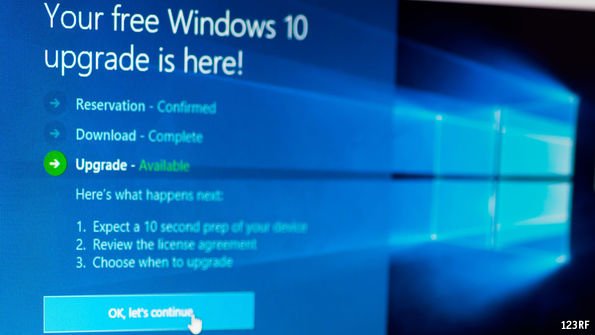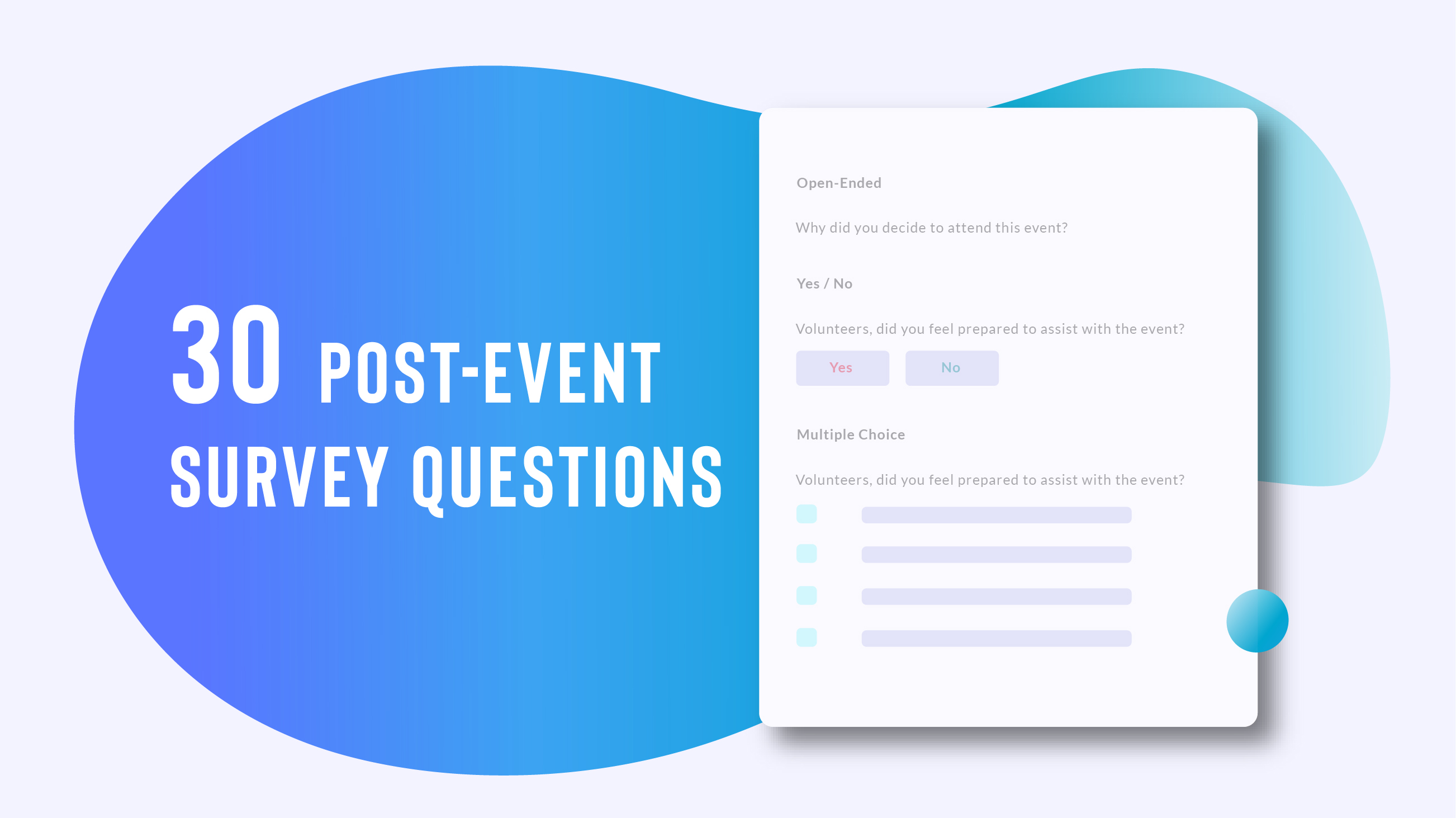

The query is, need to they? As this column has argued before, upgrading any pc or tablet running home windows eight.1 to the modern day model of Microsoft’s running machine is 7c5d89b5be9179482b8568d00a9357b2. home windows 10 is the entirety (and more) its ill-conceived predecessor need to have been within the first place.
on this phase
Why improve to home windows 10?
How earthquakes help seize carbon dioxide
Reprints
but that isn’t always true for windows 7. through the years on account that its release in 2009, home windows 7’s robustness, user friendliness and low upkeep price has made it a company preferredamongst laptop users, particularly those in business. four years after it turned into officially changed, the vintage workhorse keeps to run on over 50% of all home windows pcs, while fewer than 15% usewindows 8/eight.1, in step with records accrued by means of internet packages, an internet-analyticscompany in Aliso Viejo, California. by means of contrast, home windows 10 currently money owed forround 17% of computers within the home windows family, many of which were bought during the lastyear with the cutting-edge operating system pre-mounted.
agencies are understandably reluctant to upgrade the hordes of home windows 7 machines they have set up over the years, because of the cost and problem of retraining employees to deal with windows 10’s idiosyncrasies. also, to get the full gain of windows 10 way making an investment no longer simply infresh software program however additionally in new hardware, specially contact–sensitive drugs, laptops and computing device displays. except, planning an employer–extensive migration from onerunning system to every other is no trivial challenge. ensuring there aren’t any costly glitches can takenumerous years of education. corporate IT departments can usually address no more than one such upheaval a decade.
As agency customers name the song, Microsoft has promised to offer security patches for windows 7 onold computer systems till January 2020. contemporary computers bought during the last 12 monthsthat had been downgraded to home windows 7 (for corporate compatibility motives) will stop to be supported after 2016. these will want to have windows 10 established to obtain protection updates.
What this all manner is that windows 7 users have four greater years to determine whether or not theyreally need to upgrade to windows 10. if they decide to carry on the use of their trusty antique runningdevice, they’ll be free of disruption while playing moderately comfortable computing till the reduce-off date in 2020. they’ll then ought to determine whether to buy an improve licence to use a greater maturehome windows 10—or consider something else to do as an alternative.
Your columnist has determined to forego the unfastened upgrade to home windows 10 and stay withwindows 7. A side–through–side evaluation of the two operating structures carried out during the lastyr has convinced him that home windows 10 remains no longer equipped for prime time. there’s tons toadmire about its speed, safety and stability, however windows 10’s lack of serious networking smarts is a deal-breaker as a ways as he is concerned.
Others may also disagree, and conclusions drawn from a sample of one device are rarely consultant.however there does appear to be a fundamental flaw in the way the modern build of home windows 10 manages its WiFi and Bluetooth connectivity. for example, while the device being tested goes to sleep, it loses its wireless connection. No amount of twiddling with windows 10’s settings, drivers and hassle–shooting (next to useless) will then repair the hassle. Even online forums have supplied little inside themanner of help. The only answer is to reboot the gadget, so it is able to re-find out the communitygateway. meanwhile, despite the fact that they may be nicely paired, numerous attempts need to be made to get home windows 10 to hit upon the system‘s Bluetooth keyboard. Such annoyances may beprecise to the set-up worried, however they’re justification sufficient to ditch windows 10 in the meanwhile.
On the opposite aspect of the coin, there are precise motives to live with home windows 7. Withprotection improvements guaranteed for the next 3 or four years, no hardware or software program willwant to get replaced; no new drivers hooked up or keyboard shortcuts found out; and all those peskywireless troubles can happily be forgotten. As it is, home windows 7 absolutely gets the activityaccomplished—and that, for most computer customers, is probably motive enough to stay with it.
but, there is some other motive why one may wish to present windows 10 a omit. foremost architecturalmodifications are in shop for working structures over the following couple of years. That consists ofnot simply windows, but additionally Apple’s OS X, Google’s Chrome OS and other open-source flavours of Linux. via 2020, the most broadly used working system is possibly to be something akin to a blend ofnowadays’s cellular and desktop structures. As it is, the maximum widely used running device today is not home windows, but Android—Google’s open-supply operating system that powers eighty% of the sector’s cellular phones.
all of the main members are pursuing this convergence in a single manner or every other. Apple denies it has plans to merge its iOS (iPhone/iPad) and OS X (Macintosh) working systems. however, recollect that the iPhone turned into primarily based on the Macintosh working machine, but pared down to meet thetelephone’s restricted computing electricity at the time. inside the intervening decade, the processorsused in cell phones and drugs have come to rival those in computer systems. in the meantime, usingtouch—a unique function brought to the authentic iOS—is now found in some of the ultra-moderncomputers. sincerely, Apple desires to preserve its telephones, drugs and computer systems as separate product categories—so customers might be tempted to buy one of every. however theslowdown in all 3 marketplace segments may want to make the firm alternate its thoughts. One lookunder the hood suggests combining the genius of the iPhone with the strength of the Mac could be infant’s play.
For its element, Google has been a long way greater approaching about its plans for convergence. Thegrowing reputation of Chromebooks—reasonably-priced, slimmed-down laptops (ie, “thin customers”) that use Google’s browser-primarily based Chrome OS to get right of entry to software program andinformation in the cloud—has given fresh impetus to the enterprise’s convergence plans. After a sluggishstart 5 years ago, Chromebooks are now being snapped up by education establishments, companies and others on a tight budget. As a end result, Chromebooks now outsell Macs, and account for over 50% of recent devices in American colleges.
the only factor Chromebooks lack is a ramification of applications to rival the 2 hundred,000 or soavailable for home windows pc and desktop computers. but what Google does have is access to the million or greater apps written for Android phones. Ergo, adapt Chrome OS so it can use all those Android apps available through Google’s Play shop—including Microsoft staples like office 365—and do it so allthat is wished is an over-the-air upgrade. Chromebook users could then have all they ever wished for. And the home windows franchise that has made Microsoft this type of dominant pressure in the internationalof corporation and private computing may want to begin to look very shaky indeed.
Microsoft is conscious that it has extra to lose than maximum from this rapid convergence of cellphone andlaptop device software program. though mobiles the usage of the company’s windows cellphoneoperating machine (now branded as home windows 10 mobile) have a minuscule 0.7% share of themarketplace, Microsoft has pressed on with plans to broaden a usual architecture geared toward lettingwindows 10 run on all sorts of devices—from smartphones and drugs using ARM processors to X-fieldgame consoles and computers with Intel inner. The idea is that apps evolved for one platform should becapable of run seamlessly on all of the others.
If Microsoft can pull this off, it’s going to earn itself an area in a marketplace in which computing andmobile communication have end up essentially one and the same. but if it falls any similarly in the back of, all bets could be off approximately whether or not Microsoft can continue to be a top-tier player. Being none the wiser himself, the simplest advice your columnist can provide to the ones thinking whatrunning device will replace their contemporary one is, er, watch this space.





